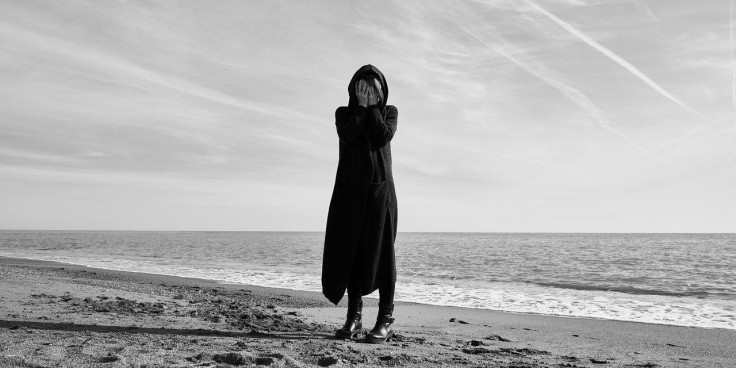Rise in number of 'vulnerable women' dying prematurely in North East England
Females from the northeast of England were found to be 1.7 times more likely to die early as a result of suicide, addiction or domestic murder.

Changing Lives, a nationwide charity working with women at risk in the UK reported that the 'triple shock' of Covid, austerity and high cost of living are the major factors that have caused a 15 per cent increase in premature deaths of women in North East England.
Experts and local authorities are now calling for urgent action to address the underlying causes and provide support to those most at risk as females from North East England were found to be 1.7 times more likely to die early as a result of suicide, addiction or domestic murder than women living in England and Wales as a whole.
The term "vulnerable women" encompasses individuals facing various challenges, including mental health issues, substance abuse problems, homelessness and domestic violence.
While the specific causes of this troubling rise remain complex and multifaceted, preliminary analysis suggests several contributing factors. Economic inequality, cuts to essential social services and limited access to healthcare and mental health support are among the key issues exacerbating the vulnerability of women in the region.
Laura McIntyre, head of women and children's services at Changing Lives, expressed her extreme sorrow at this alarming finding. She said: "To not reach your 40th birthday is just not right."
Mclntyre continued: "Time and again, we hear the same things, that women didn't engage or they turned up being aggressive or turned up being difficult. We have to start being different. We have to start looking beyond the behaviour and work out what's going on ... women are dying because they are seen as a nuisance to the system."
Local authorities and policymakers are being urged to take immediate action to reverse this distressing trend. Calls for increased funding for social services, mental health support and women's shelters have grown louder. Community engagement initiatives and awareness campaigns are also being encouraged to break the stigma associated with seeking help.
The situation in North East England serves as a stark reminder that addressing societal inequalities and providing adequate resources for vulnerable populations are ongoing challenges. It is crucial for policymakers, local communities and support organisations to come together and prioritise the well-being of vulnerable women, working towards a society where everyone has equal access to support, opportunities and a chance at a better future.
Indy Cross, chief executive officer of women's rights charity Agenda Alliance, further added:
"Again and again, public services are failing women in need in the north-east and the consequences are fatal. If this doesn't serve as a wake-up call to make levelling-up promises live up to reality, it's hard to know what will."
PM Rishi Sunak has been warned that the UK economy could be in recession next year as the effects of the COVID-19 pandemic are still being felt by multiple businesses across various sectors. As businesses are being forced to shut down and lay off their workers, the impending mortgage crisis that is threatening the home security of millions.
Women with multiple unmet needs were surveyed by Changing Lives and Agenda Alliance. The report called "Dismantling Disadvantage" revealed that 62 per cent of the respondents were skipping meals and had stopped buying essentials, 43 per cent were relying on food banks for sustenance and 45 per cent said they went somewhere outside their home to keep warm.
In all regions in England, the north-east also has the highest poverty rate at 26 per cent. This correlated with the rising number of children being removed from the care of their mothers by social services.
Vulnerable women frequently face social exclusion and stigma, which further isolates them from support networks and hampers their ability to seek help.
Societal attitudes and stereotypes alongside systemic failures due to lack of government aid and policies to help them further discourage women from seeking assistance, perpetuating the cycle of silence and neglect.
© Copyright IBTimes 2025. All rights reserved.






















